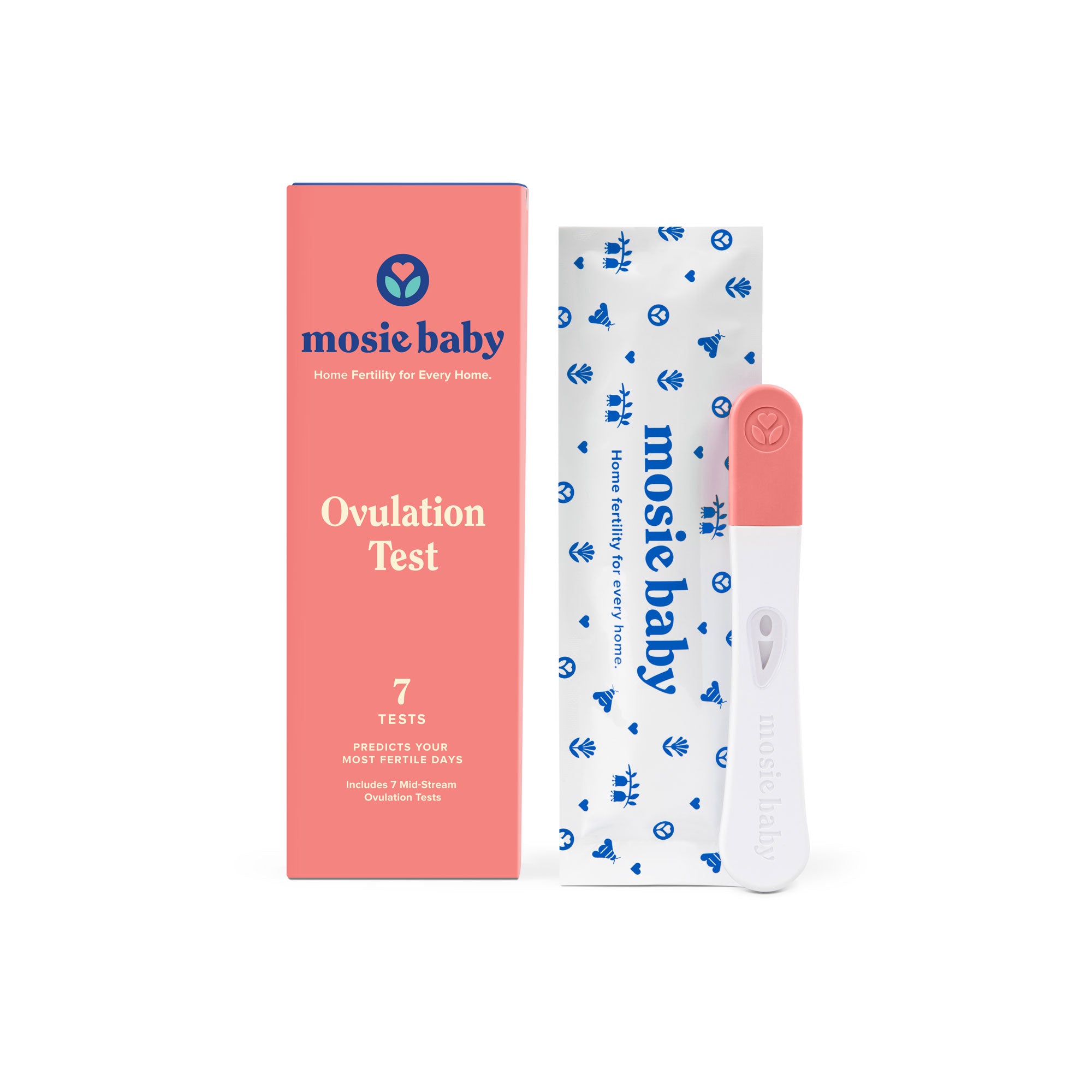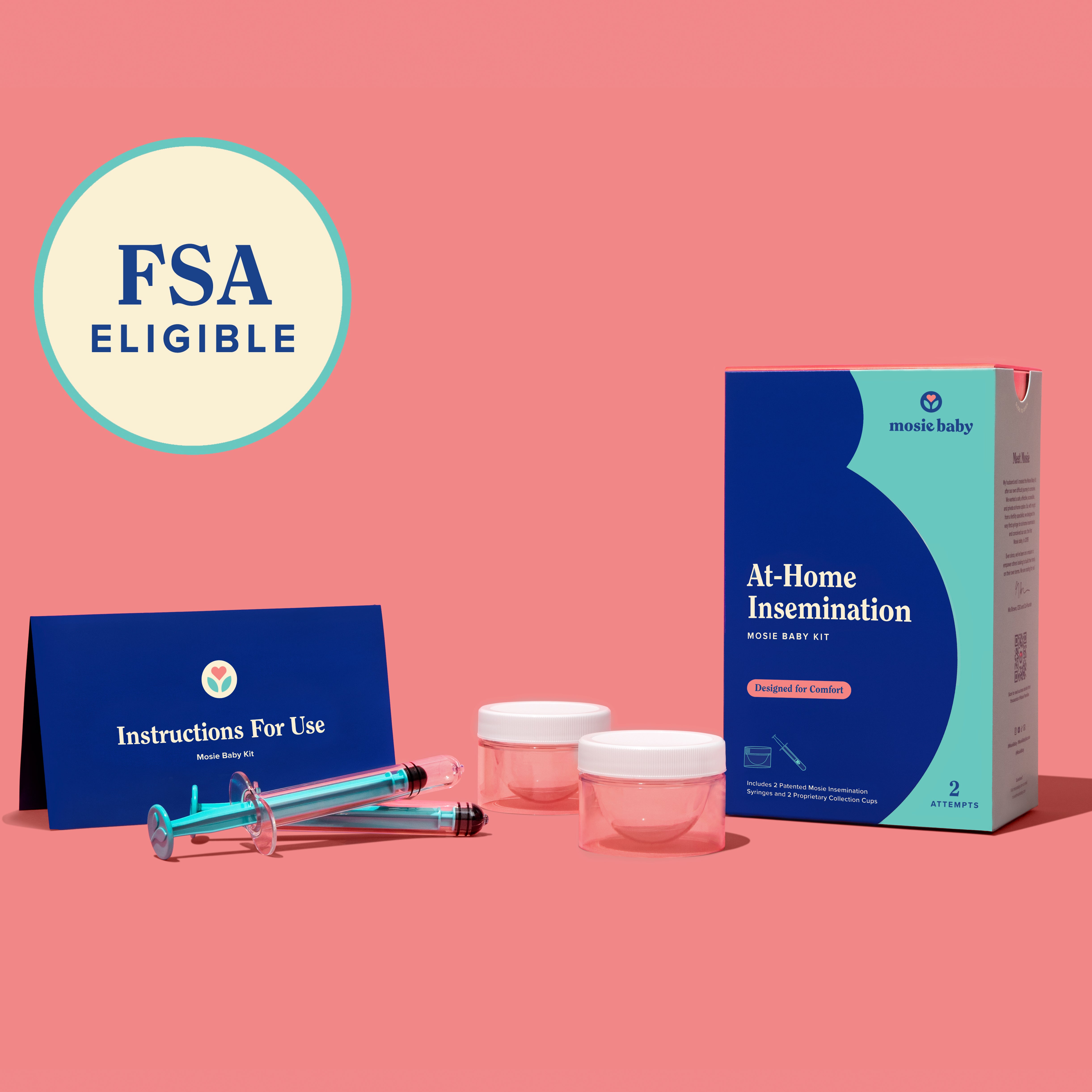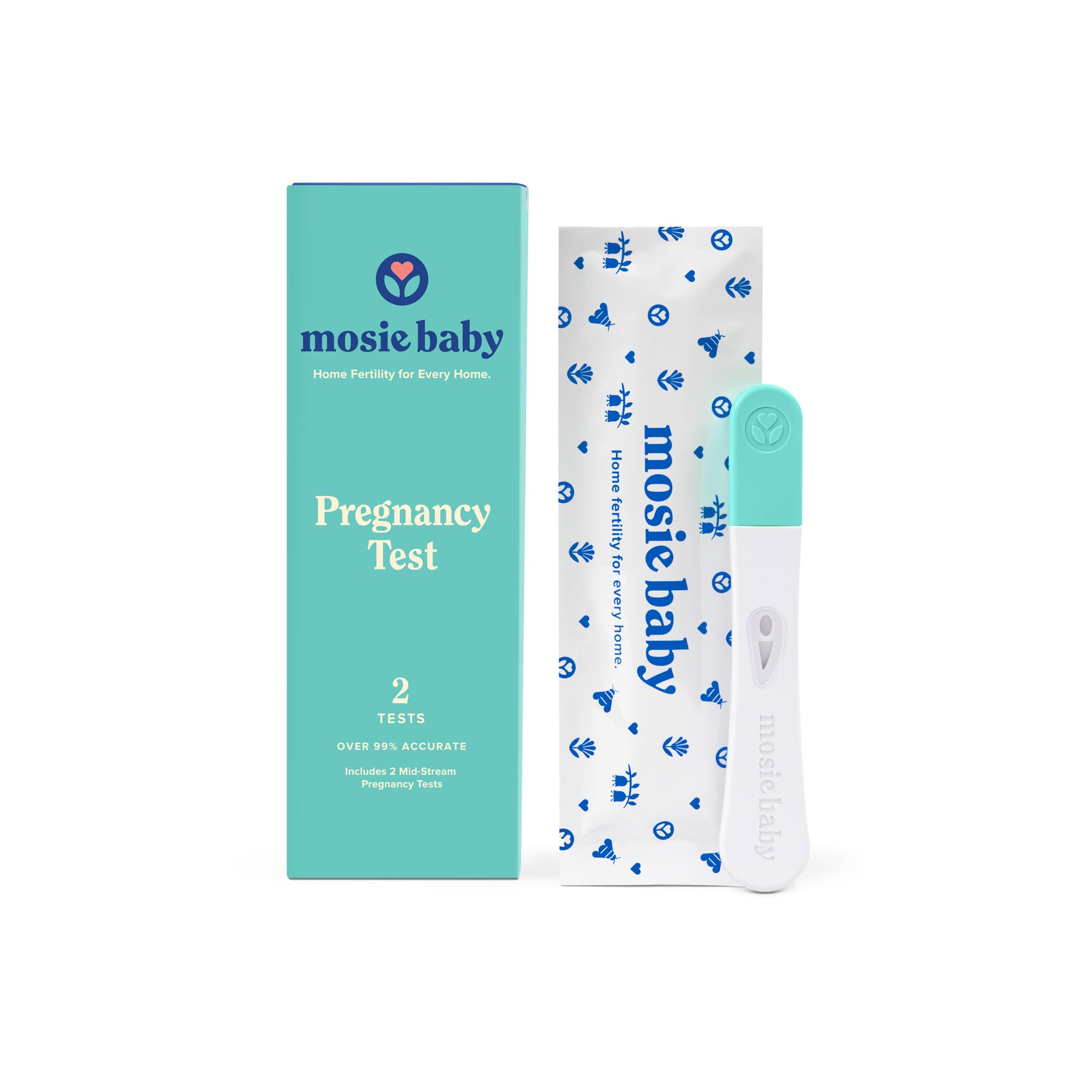COMMON QUESTIONS
Q: Can I use the Mosie Baby Ovulation Test to avoid pregnancy?
A: No, the test should not be used as a form of birth control.
Q: Do alcohol or common medications affect the test?
A: No, but you should consult your physician if you are taking any hormonal medication. Also, recent oral contraceptive use, breast-feeding, or pregnancy could affect test results.
Q: Why should I not use my first-morning urine? What time of the day should I perform the test?
A: We do not recommend first-morning urine because it is concentrated and may give a false positive result. Any other time of day is suitable. For best results, try to test your urine at approximately the same time each day.
Q: Will the amounts of liquid I drink affect the result?
A: A heavy intake of fluids prior to testing will dilute the hormone in your urine. We suggest that you limit your fluid intake for about 2 hours before you perform the test.
Q: How long will the line remain visible?
A: The test should be read at 3 minutes for best results. A positive (LH surge) result will never disappear. The color of the line may become darker and a tinted background may appear after several hours. Some negative results may later display a faint second colored line because of evaporation from the test window; therefore, you should not read the results after 10 minutes. Discard the test once you have read the result.
Q: Once I see a positive result, when is the best time to have intercourse?
A: Ovulation is likely to occur within 24 to 36 hours. This is your most fertile time. Sexual intercourse or using the Mosie syringe method within this time frame is advised.
Q: I am now using the basal body temperature method (BBT). Does this test replace BBT?
A: The Mosie Baby Ovulation Test may replace the BBT method
if you choose or may be used simultaneously. The shift in basal body temperature primarily indicates ovulation has already occurred. The Mosie Baby Ovulation Test indicates that ovulation is about to occur.
Q: I received a positive result and had intercourse during these fertile days, but I have not become pregnant. What should I do?
A: There are many factors that can affect your ability to become pregnant. It can take normal, healthy women many months to achieve a pregnancy, and often you may need to use the kit for 3 to 4 months before achieving pregnancy. If pregnancy is not achieved after 3 to 4 months, you should consult your physician.
Q: I received a positive result and had intercourse during these fertile days. I think I may be pregnant. How soon can I find out?
A: Test your urine with the Mosie Baby Pregnancy Test, which can provide you with results as early as the first day of your missed your period.



